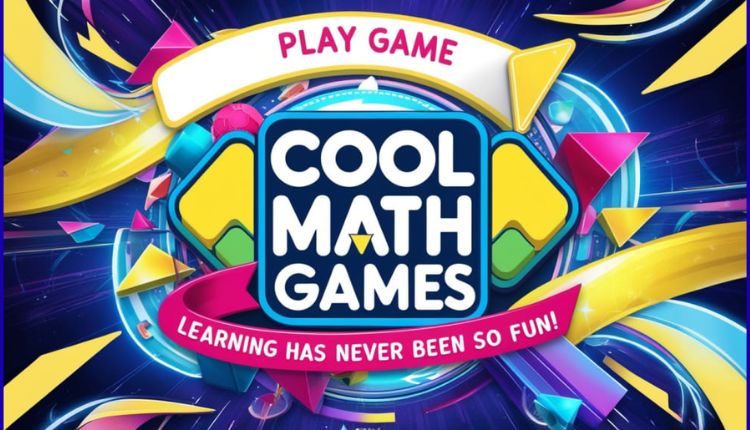From their early beginnings on radio broadcasts to dazzling production, which is now visible, game programs have evolved while maintaining their basic attraction. They offer an engaging mixture of Game show, chance and human interaction that continues to resonate with viewers around the world. The concept of the gaming show itself combines with the innate love of mankind for the game, challenge and excitement of victory.
The history of gaming shows
The history of games dates back to the age of 30 and 40, when radio programs introduced competitions to quizzes, where participants could win small prizes. As soon as television became more popular at the age of 50, game shows went to the screen and quickly became the basis of daily and initial programming.
The classics, such as The Price is Right, Jeopardy!, and Wheel of Fortune, have maintained a long-term success by mixing innovation with tradition. Over time, new formats have appeared, which include physical pieces, celebrities, and extensive production value. The development of the genre shows its adaptability of changing cultural trends and at the same time retains the excitement that attracts viewers.
Gaming show
A typical game show is based on a structured format that balances predictability with tension. Contestants are introduced, the rules are explained, and bikes are organised to build expectations. The host plays a critical role and leads the game while entertaining the audience. Prizes, whether cash, cars or exotic holidays, increase bets and keep participants motivated.
The design of the game often relies on the combination of knowledge, strategy and happiness and ensures that competitors and viewers will remain engaged to the very end.
Role of the host of a game
The host is often considered the heart of the game show. From charismatic personalities like Bob Barker and Alex Trebek to modern favourite items such as Steve Harvey, hosts bring energy, warmth, and jokes to the stage. It serves as a mediator among competitors and spectators, providing smooth games and maintaining a moody light.
An experienced host can turn a normal competition into an unforgettable television event and often becomes an iconic character in popular culture. Their ability to connect with participants, improvise and provide humour or empathy is central to the success of any show.
Popular game over the course of decades
Some gaming programmes defined the whole era of television. The price is true, which has become known for its enthusiastic audience and a wide range of prices. Who wants to be a millionaire? She attracted attention with her dramatic lighting, tense pauses, and an air of victory in life life-changing life. Family disputes gained fame through his funny questions of the survey and the lively dynamics of the family.
Meanwhile, Jeopardy! He built a reputation for intellectual strictness and attracted Game show hosts who love trivia and challenges based on knowledge. Each of these programmes reflects a unique approach to competition, but everyone shares the ability to have fun and connect with people across demographics.
Psychology for playing a game
The success of the game show is not only about its structure but also about psychology. People are naturally attracted to risk and reward scenarios, and game programmes simulate these experiences in a safe and entertaining environment. Viewers are empathising with competitors, celebrating their victory, and feeling their disappointment.
The unpredictability of the results is maintained by the invested audience, while the idea that ordinary people who win extraordinary prizes inspires the feeling of possibility. Game programmes also emphasise the human tendency to take root for losers or admire strategic thinking, making the experience of watching deeply personal.
Global reach of Game show
Game show programmes are not limited to one culture or region. Many popular formats have been modified worldwide, often adapted to match local traditions and languages. For example, who wants to be a millionaire?
It has a version in dozens of countries and trade or no trade has achieved international recognition with hosts and audiences across continents. This global attraction underlines the versatility of competition, happiness and entertainment. Regardless of culture, people enjoy watching others test their skills, risk and follow rewards.
Pricing and reward development
In the first days of gaming programmes, prices often consisted of small domestic goods, gift cards or modest cash amounts. Over time, betting has increased, with a modern game offering cars, houses, holidays and jackpots worth several million dollars.
The reward procedure reflects social changes and a growing appetite for drama, with a high proportion. While larger creates more excitement, the emotional value of victory, even something small, is at the heart of the game shows. Competitors often remember the experience of being on the show, as well as the prizes they have won.
The role of audience participation
Viewers are not just passive observers in many Game show programmes; They play an active role in shaping the experience. The shows, such as the price, are correctly prosperous about the energy of a living audience whose drama intensifies to health and reactions.
Interactive elements, such as opportunities to call or competition for domestic vision, are expanding participation outside the studio. With the rise of social media, the audience has reached a new level, allowing fans to share opinions, predict results and even influence the direction of some programs.
The game in the digital era
The digital age has transformed how Game show programmes are created and consumed. Streaming platforms are now organising gaming shows and expanding access to a global audience. Interactive applications and online versions allow viewers to play together in real time and bridge the gap between the contestant and the audience.
Virtual and widespread reality technology opens up new possibilities of absorbing experiences. The future of game programmes is likely to include even more interactivity, where viewers can become competitors from the comfort of their homes.
The cultural impact of Game show
In addition to entertainment, game programmes have cultural importance. The game shows also serve as a unifying experience and connect families and friends to look and play.
Conclusion
Game programs remain a timeless form of entertainment that combines competition, chance, and personality. Since their radio beginnings to the high-tech modern production, they have been constantly evolving and at the same time retained their basic attraction.
The thrill of watching everyday people chase prizes, combined with the charm of charismatic hosts and the energy of live audiences, ensures their continued relevance. Whether through traditional television or digital platforms, the game show continues to captivate generations, proving that the love of play and the hope of winning never fade.
FAQs
What was the first show on television?
The first recognised television game was Spelling Bee, broadcast in the UK in 1938.
Why are games so popular?
Games are popular because they combine competition, suspense, humor, and the chance of winning rewards, all while being relatable to everyday people.
Which game has given out the most prize money?
Who Wants to Be a Millionaire? has awarded enormous sums worldwide, with many contestants becoming millionaires.
How have games adapted to the digital era?
Games now use streaming platforms, mobile apps, and interactive technology to engage audiences in new ways, including letting them play along from home.





